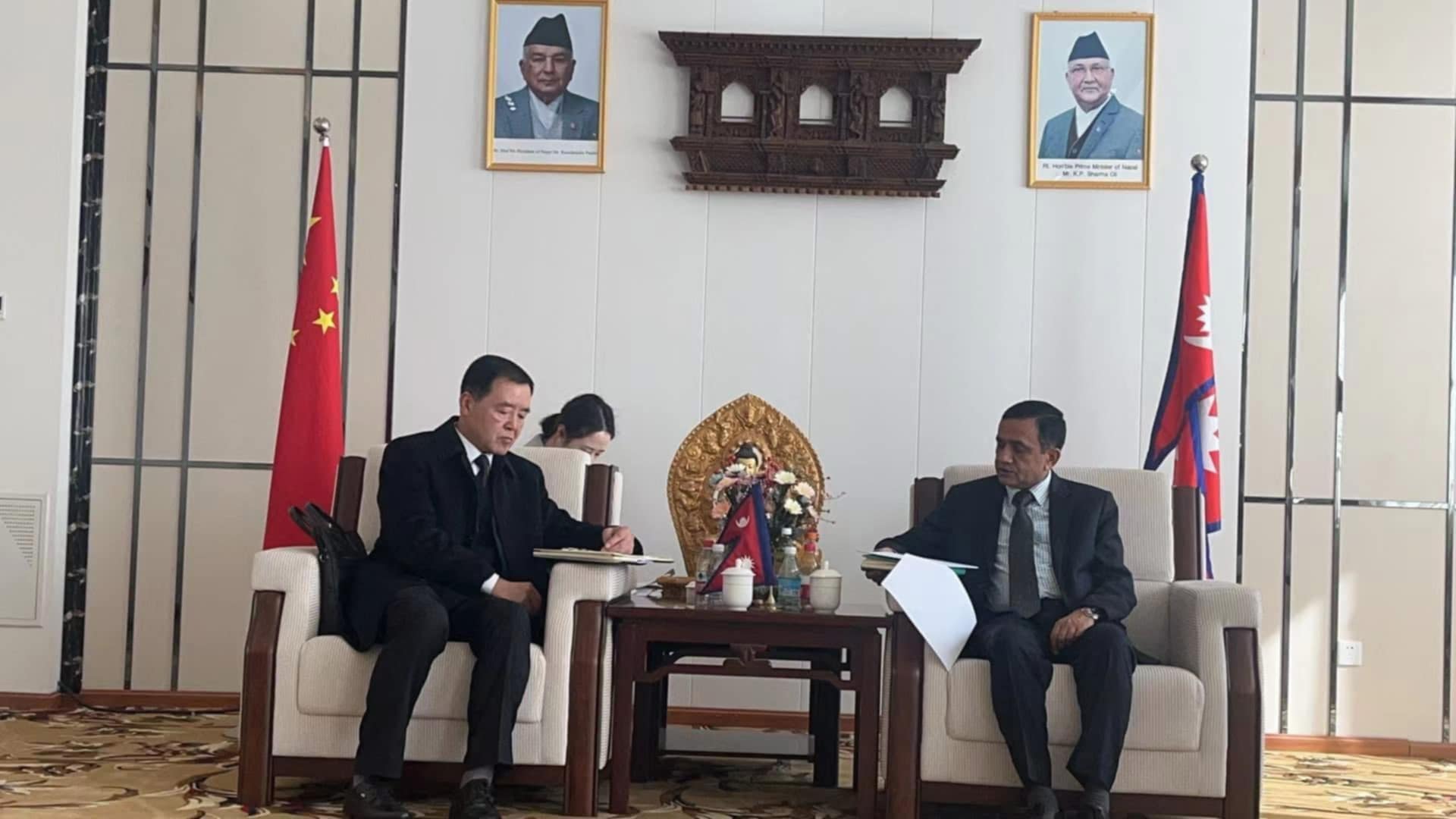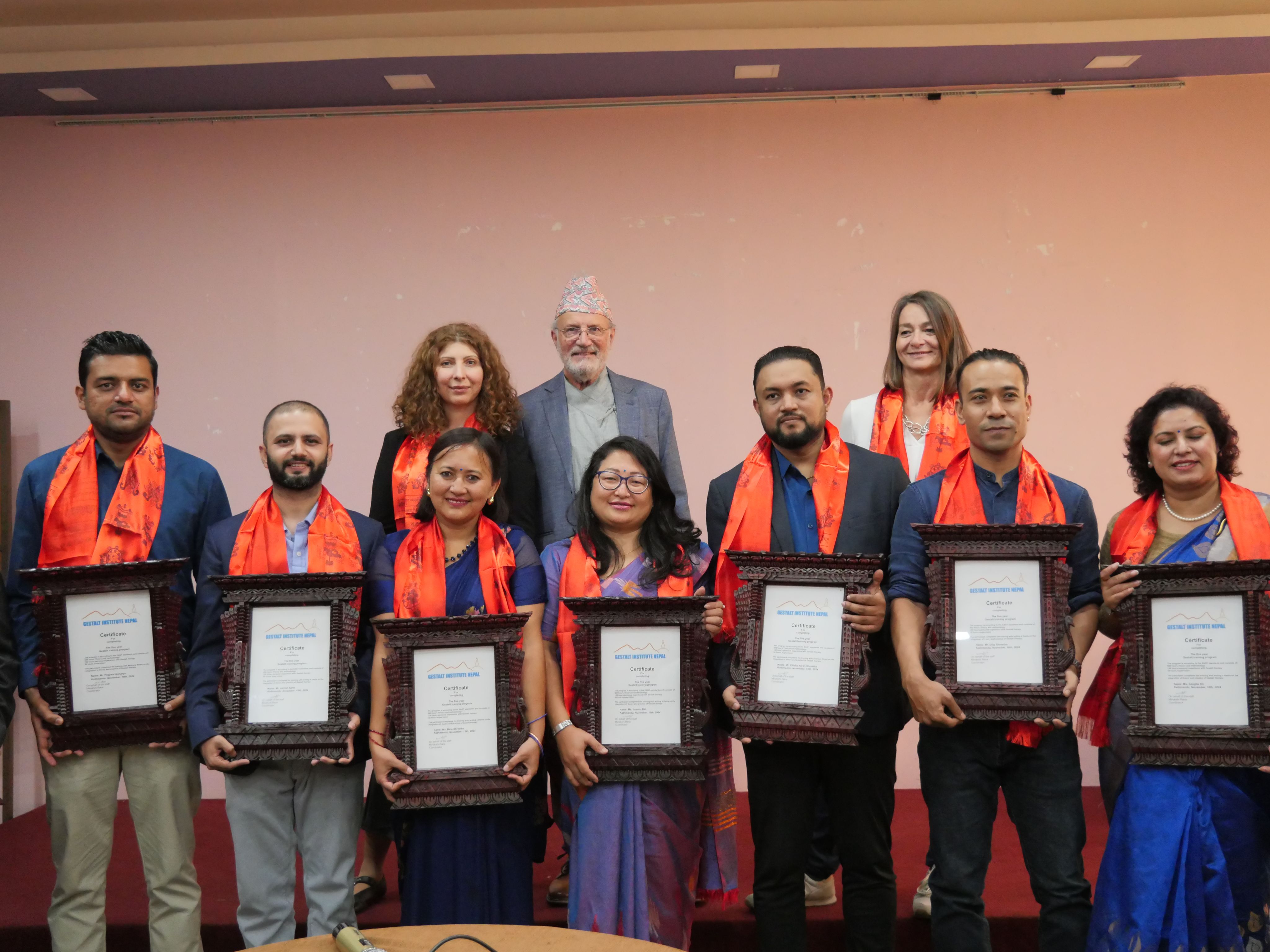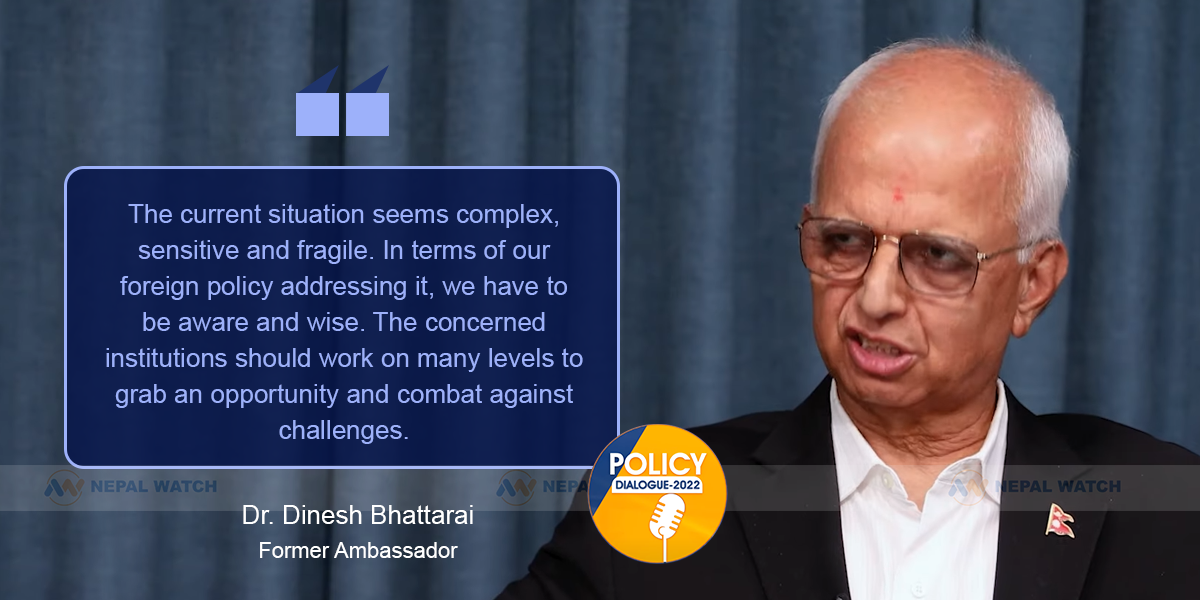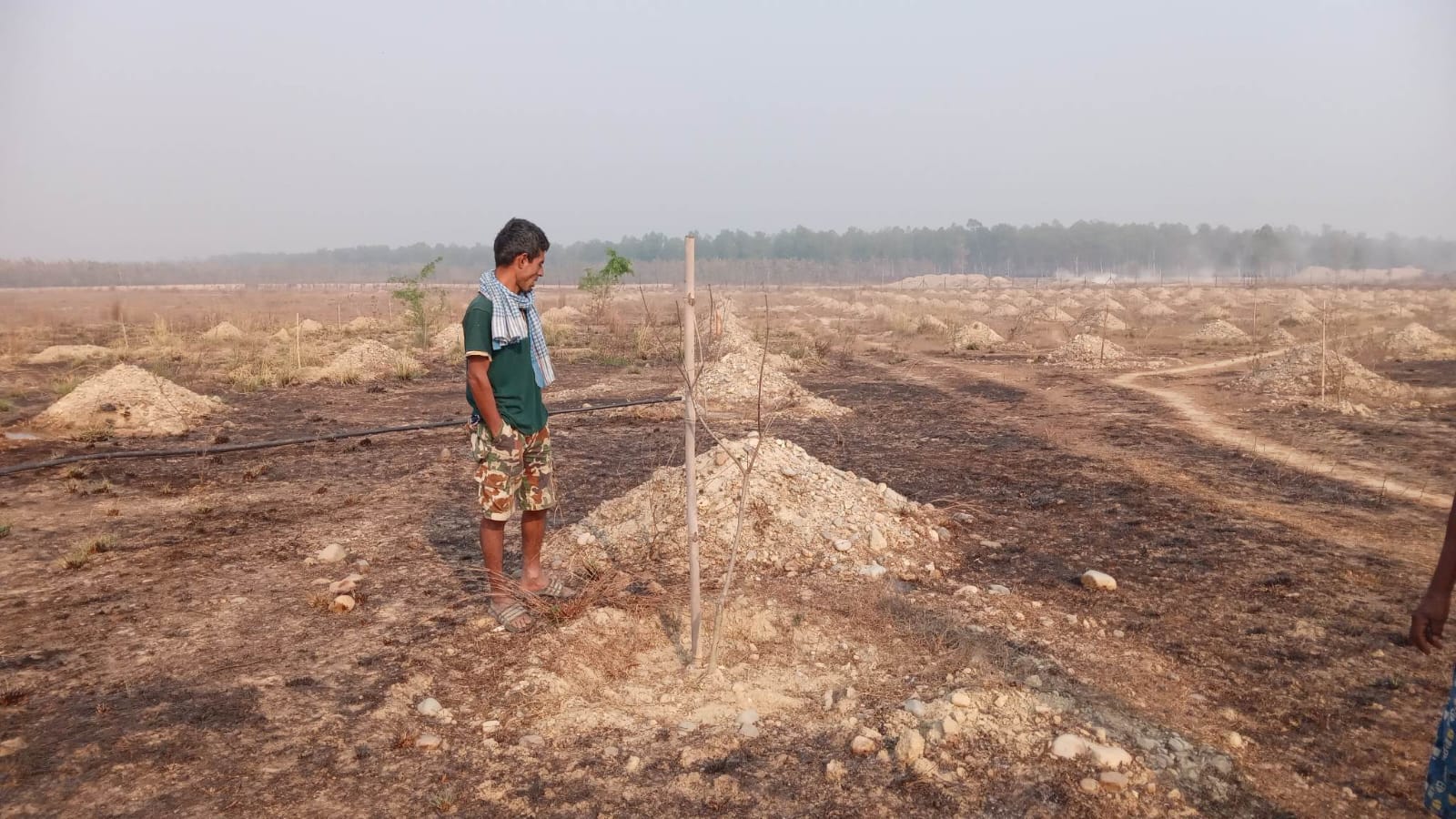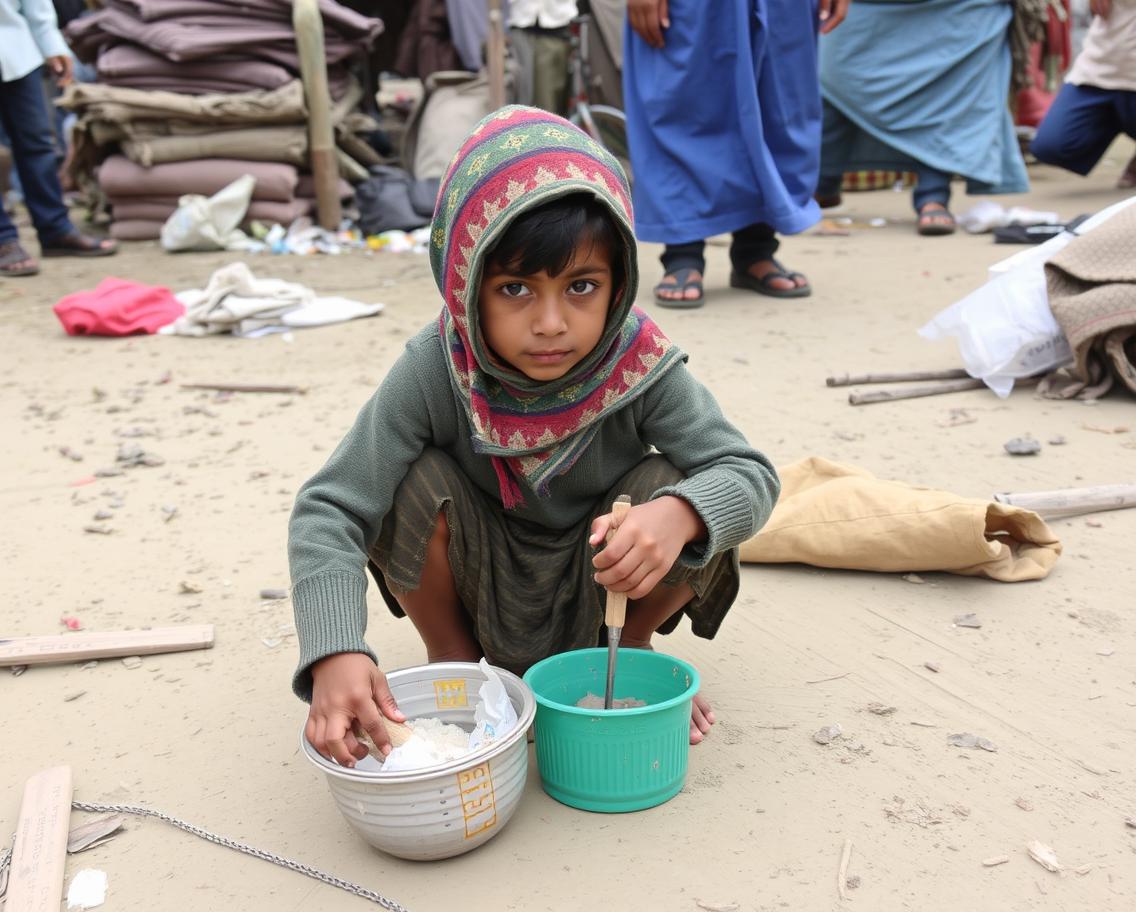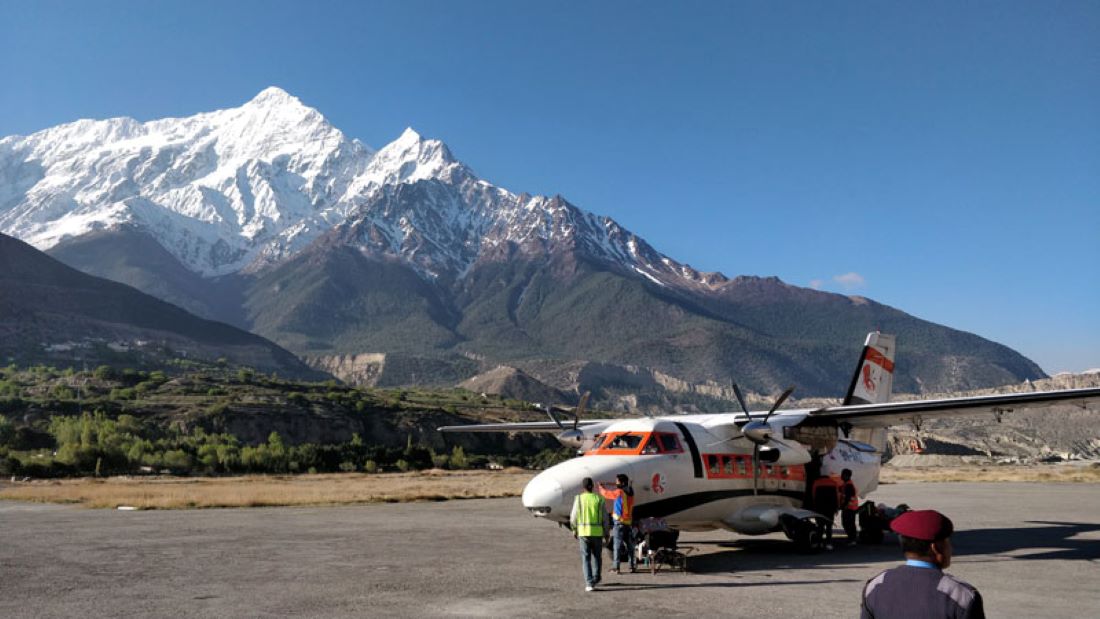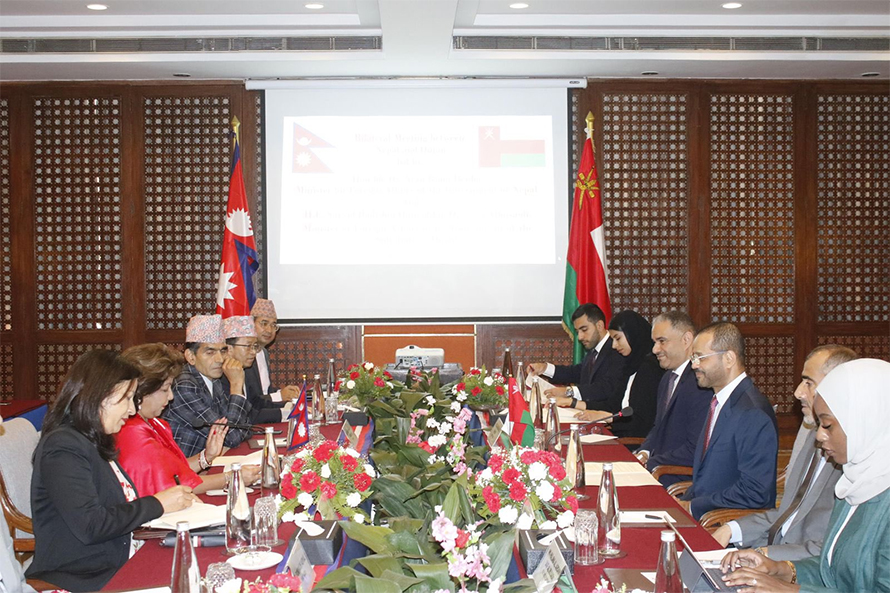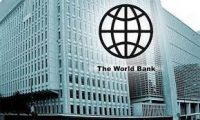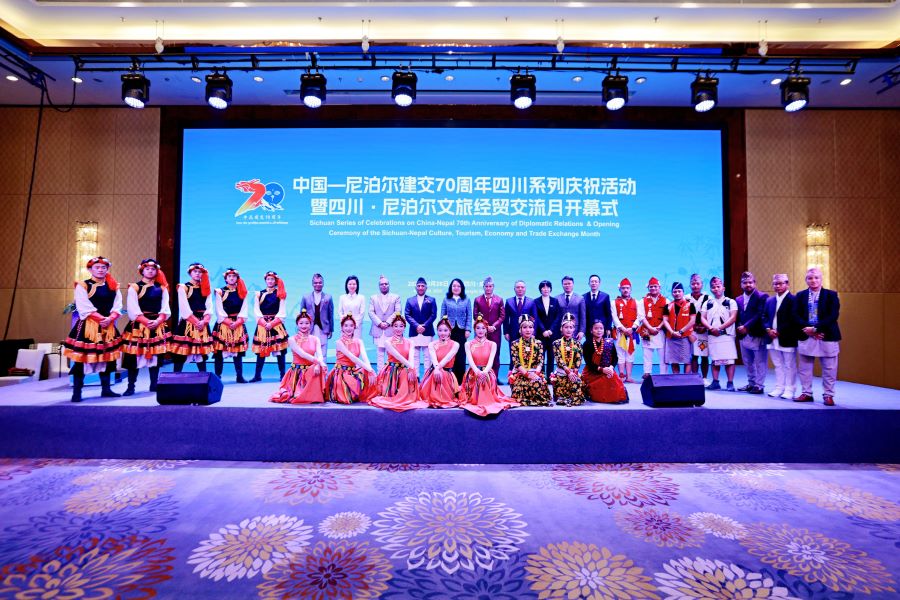Lhasa- In an effort to further strengthen the historic and multifaceted relationship between Nepal and China, and to ensure the effective implementation of bilateral agreements related to quality certification, a high-level courtesy meeting was held on Tuesday (February 20, 2025) between Nepal’s Consul General to Tibet, Laxmi Niraula, and Liu Jianwei, Deputy Director-General of the Xizang Administration of Market Regulations, at the Nepal Consulate in Lhasa.
The relationship between Nepal and China spans thousands of years, originating through trade, cultural exchanges, and diplomatic ties along the ancient Silk Road. To regulate trade relations with China, the Nepal-China Trade and Transit Agreement was signed in 1961, opening an official route for cross-border trade. Since then, both countries have continued to promote cooperation in customs, trade regulation, quality control, and mutual certification.
For Nepalese exports to China, such as agricultural products, handicrafts, and other goods, certification according to Chinese quality standards is required. Similarly, goods imported from China to Nepal are certified by Nepal’s Bureau of Standards and Metrology (NBSM). Several agreements have already been signed to simplify and make bilateral trade facilitation and quality certification more effective.
During the high-level discussion held at the Nepal Consulate in Lhasa, the current status of the implementation of bilateral agreements regarding trade and quality certification between Nepal and China was reviewed. The focus was on strengthening the cooperation between Nepal’s Bureau of Standards and Metrology (NBSM) and the Xizang Administration of Market Regulations.
The key points discussed were as follows:
1. Making the Quality Certification Process Transparent: Both sides agreed to streamline and expedite the certification process for products imported to Nepal from China and exported from Nepal to China, ensuring transparency and ease.
2.Use of New Technologies and Digital Systems: The discussion explored the possibility of implementing digital technologies, QR code certification, and online tracking systems to make the quality certification process faster and more reliable.
3.Facilitating Border Trade: To promote Nepal-China trade further, new processes will be implemented for major border crossings such as Rasuwagadhi-Kerung, Tatopani-Zhangmu, and Humla-Purang.
4. Joint Inspection System: Both countries discussed the formation of a joint inspection team to make quality certification and inspections more effective.
To further strengthen the economic and trade relations between Nepal and China, it is essential to simplify, scientifically improve, and expedite the quality certification system. Therefore, both Nepal’s Bureau of Standards and Metrology (NBSM) and the Xizang Administration of Market Regulations have committed to enhancing their cooperation in the future.
As Nepal expands its trade relations with China, the quality certification process plays a crucial role in ensuring the quality of Chinese products entering Nepal and boosting the export of local products from Nepal. It is expected that such high-level discussions will prove to be a milestone in Nepal-China trade relations.
This meeting is believed to mark the beginning of a new era in Nepal-China quality regulation and mutual certification processes.



